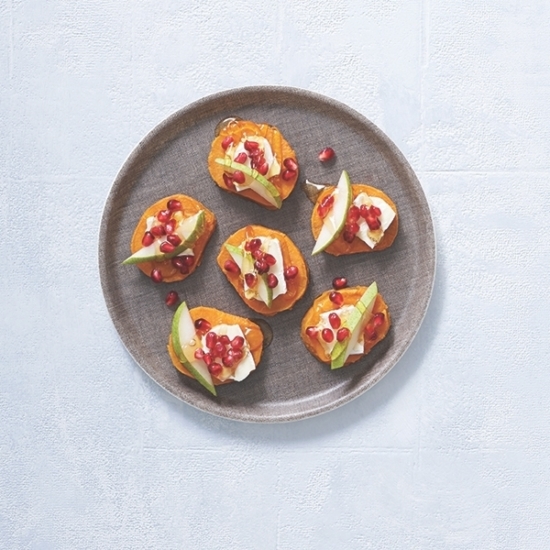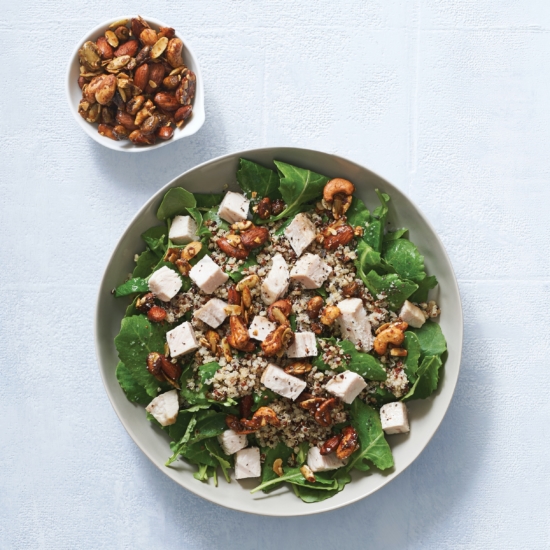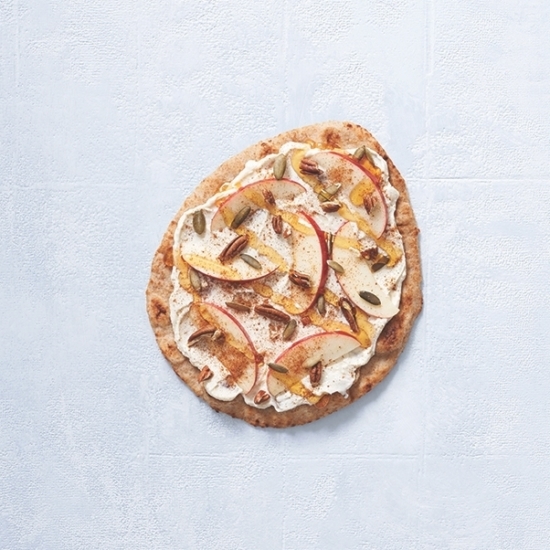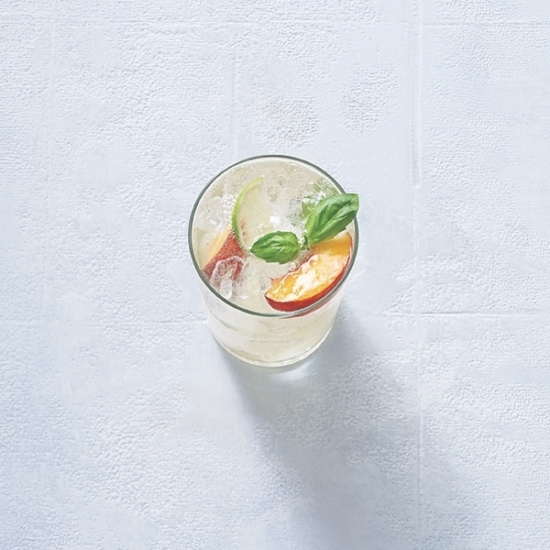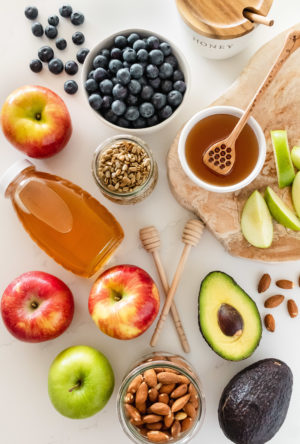
Photo Credit: Maggie Michalczyk,
RDN of Once Upon a Pumpkin
The National Honey Board has the great pleasure to work with a variety of partners, from chefs and influencers to registered dietitians. One such partner is registered dietitian Maggie Michalczyk, giving us the opportunity to celebrate the hardworking honey bee, highlighting a few of Maggie’s favorite planet-friendly tips and #NaturallyWithHoney mealtime inspirations.
Understanding that everyone’s lifestyle differs, Maggie is sharing her five favorite planet-friendly and wholesome eating tips to consider as we acknowledge our pollinator friends and their positive impact on our ecosystem.
Celebrate Pollinator Foods. Honey bees pollinate in all 50 U.S. states and are needed to pollinate more than 90 different crops, so the next time you are enjoying apples, avocados, cherries, almonds or sunflower seeds, celebrate the fact that those foods are made possible by the hardworking honey bee.
Sweat for the Bees. Movement is key to a balanced life. Skip the pesticides and pull weeds by hand, and plant bee-friendly flowers and flowering herbs in your garden and yard. Get the whole family involved, and let the kids know which flowers are good for bees to create some excitement so that they know to get excited when they see a bee around them in the future.
Expand your Produce Palate. Pollinators, including honey bees, are responsible for one in every three bites of food that we eat, including many fruits and vegetables. Eating a wide variety of produce plays a role in enhancing the diversity of your gut microbiome, which we know is good for our overall health1, 2, 3.
Work in Daily Natural Energy Boosters. Consider a mid-afternoon break with a cup of tea sweetened with honey. Green and black tea both contain beneficial antioxidants, and honey is a 100% pure and natural energy booster.
Make it Mediterranean. Take a page from the Mediterranean diet, and fill your plate with whole grains, lean proteins like fish, unsaturated fats, fruits, veggies and use honey whenever possible. Honey is traditionally part of the Mediterranean-Style Dietary Pattern as recognized in the 2020 Dietary Guidelines for Americans.
Maggie likes to get creative in the kitchen and incorporate natural ingredients, such as wholesome honey, into her day-to-day as she believes it’s the first step to feeling her best and being environmentally conscious. She is sharing four easy-to-follow recipes to elevate your daily routine and provide that wonderful dose of inspiration to take that snack, meal or cocktail to another level. To top it off, Maggie is sharing her go-to nutrition tips to help put your best foot forward, no matter what the day brings.
- Is your sweet tooth sabotaging you after every meal? Try sipping on a dessert-flavored tea like apple cinnamon or chocolate orange with a spoonful of honey. Honey adds flavor and is 100% pure. How sweet is that?
- Harness the power of plants. Considering skipping meat a few times a week for more plant-based meals? Start with a 50/50 recipe like swapping out half of the meat in tacos for mushrooms, or half of the meat in a burger with lentils.
- Store bought salad dressings often contain a long list of ingredients. Make your own dressing at home with olive oil, honey, lemon juice, mustard, turmeric, fresh herbs and salt and pepper. The honey serves as an emulsifier that helps to bind and thicken dressings.
- Sad leftovers, no more! Liven up leftovers by adding a “green base.” Leftover pizza? Cut it into pizza “croutons” and put it on a salad. Leftover pasta? Freshen it up by adding in a handful of spinach or kale, which is packed with vitamin C, A and K.
- Wondering how to use less sugar in your favorite baked goods? Consider using honey in things like quick bread, cookies, homemade pancakes and more. Honey gives baked goods a uniquely delicious flavor and because it’s sweeter than sugar, you can use less of it.
1https://www.sciencedirect.com/science/article/pii/S2212877816000387

